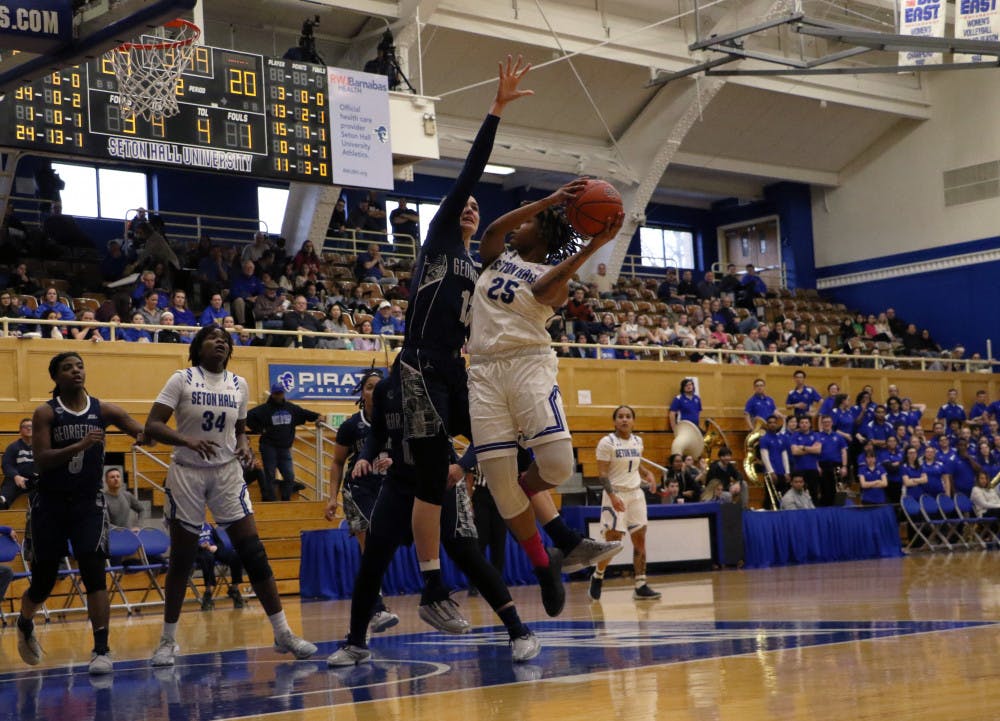
Politico.com
Dr. Vicente Medina, a professor at Seton Hall University, left Cuba on March 31 in 1970. His next birthday would make him military age, 15-years-old, at which point a Cuban citizen was not allowed to leave the island until his 27th birthday.

Dr. Vicente Medina
His family was flying to Spain, a country that has maintained diplomatic ties with Cuba. However, fear that the government would not allow a future soldier to leave with his family worried him.
His family was searched, their person and luggage, by government officials at the airport. A soldier discovered a picture of Dr. Medina’s friends with a Cuban flag in the background. He confiscated it, calling Dr. Medina a traitor for leaving his country and that he did not deserve to keep possession of such a sacred Cuban symbol.
This anecdote, according to Dr. Medina, gives a perspective to understand the reality of the country back then, after the United States has imposed an economic embargo in October 1960 and subsequently cut diplomatic ties a year later.
At the end of 2014, President Obama announced projected efforts to “normalize relations” with Cuba. There have been limited official interactions between the two states since cutting relations a half a century previously. The President plans to reestablish embassies in both countries ease the economic sanctions and promote communications for discourse between citizens.
What Dr. Medina remembers about Cuban attitudes were mixed. Those that wanted to be a part of the communist Castro regime resented American capitalism. He remembered that those who wanted to join the party had to denounce any family that lived in the United States or that were Catholic before becoming a member.
On the other hand, according to Dr. Medina, those who felt betrayed by the revolution, which placed the Castro family in power, had respect for democratic institutions and a capitalist economy.
“The Castro brothers and their acolytes have been governing the island for the past 56 years with an iron fist,” Dr. Medina said in an email.
The goal of the existing relations with Cuba was to hardball their autocratic government away from communism and toward democracy. Opening up communication and travel and establishing diplomatic ties aims to ease tensions so as to accomplish the original goal in a gentler way, according to a Huffington Post article.
Many people feel as though the policies currently in place are counter-productive to the original goal and Cuba is irrelevant to the United States today compared to more pressing international situations, according to a Huffington Post article.
A series of polls conducted by NPR revealed the attitude of Cuban Americans regarding U.S.-Cuba relations. In 1991, 87% of Cuban-Americans were in favor of the embargo. A June 2014 poll revealed that 52% of Cuban-Americans said the United States should end its embargo of Cuba. Furthermore, 68% of respondents favor restoring diplomatic relations with Cuba and, among the younger respondents, 90% favor restoring diplomatic ties.
“My sense is that President Obama has done an intelligent geopolitical move, which might have positive results in the short and in the long term for the US and for the ordinary people of Cuba,” Dr. Medina said in an email.
He points to an increase in Caribbean and Latin America influence as a positive short-term result. For the long-term, he thinks the U.S. is gaining leverage to promote democratic changes and the establishment of the rule of law on the island.
“More Cubans will benefit from these changes…Moreover, by reestablishing diplomatic relations with the Cuban government, President Obama is removing an excuse that the Castro brothers have used to stay in power, namely, their reference of being in a perpetual state of war with the U.S. government.”
Since leaving in 1970, he has yet to return to Cuba. Now, he lives in New Jersey with his Cuban wife, whom he met in Miami after immigrating to America. Here, he got his masters degree and PhD at the University of Miami and specializes in social and political philosophy and applied ethics as an associate professor in the Department of Philosophy.





